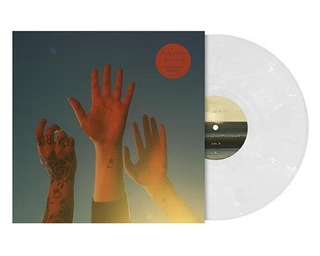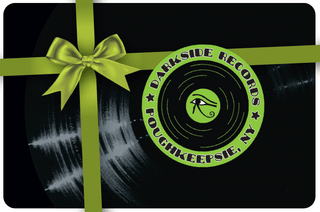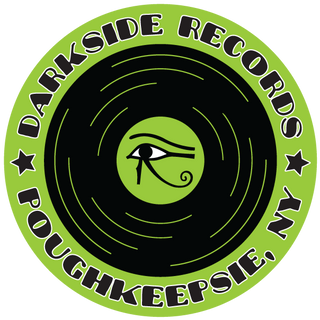Arnaud de Pasquale- Mozart a Paris 1778

Mozart was 22 when he travelled to Paris in 1778, accompanied by his mother. Although he did not achieve the success he had hoped for, his visit to Paris was a major turning point in his personal life and artistic development. Marked by the disillusionment that led him to despise the Parisian public and by the tragedy of losing his mother, his sonatas for pianoforte are tinged with an intense gravity, mirroring the inner turmoil experienced by the young prodigy. At the same time, the castrato Albanese charmed the capital with his Romances, which were popular with the public and from which Mozart drew some of his inspiration. Arnaud de Pasquale, at the keyboard of a superb replica of a 1749 Silbermann pianoforte, takes us back to the Paris of the 1770s, where musical practice was nothing but effervescent, and invites us, with grace and sensitivity, into the tormented intimacy of the genius.
Mozart was 22 when he travelled to Paris in 1778, accompanied by his mother. Although he did not achieve the success he had hoped for, his visit to Paris was a major turning point in his personal life and artistic development. Marked by the disillusionment that led him to despise the Parisian public and by the tragedy of losing his mother, his sonatas for pianoforte are tinged with an intense gravity, mirroring the inner turmoil experienced by the young prodigy. At the same time, the castrato Albanese charmed the capital with his Romances, which were popular with the public and from which Mozart drew some of his inspiration. Arnaud de Pasquale, at the keyboard of a superb replica of a 1749 Silbermann pianoforte, takes us back to the Paris of the 1770s, where musical practice was nothing but effervescent, and invites us, with grace and sensitivity, into the tormented intimacy of the genius.





